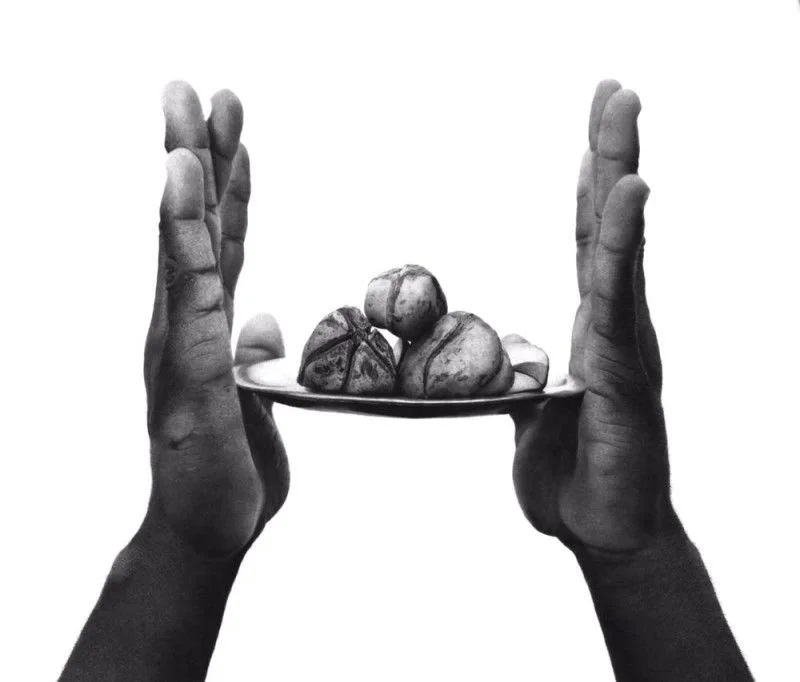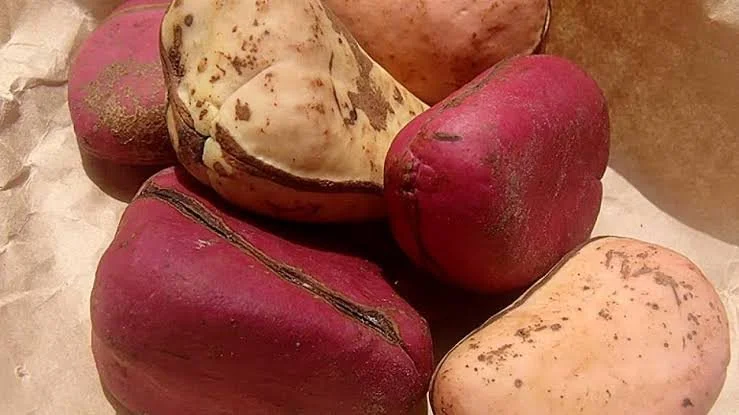The Importance of Kola Nut in Igbo Rituals
By: Chimdindu Ken-Anaukwu
In Igbo land, when visitors arrive, the first item brought out is not wine or food; it is the ọjị (kola nut). This simple-looking nut carries enormous weight in Igbo tradition. It is a symbol of welcome, peace, life, and communion. To present kola is to speak without words: “You are welcome, you are safe, you are honored.”
Understanding the role of kola nut in Igbo rituals is key to grasping how deeply culture and language intertwine. Every stage; from presenting it, to blessing it, to breaking it; comes with expressions, proverbs, and values that bring Igbo identity to life.
1. The Symbolism of Kola Nut
In Igbo cosmology, the kola nut represents:
Life & vitality – It is said, “He who brings kola brings life.”
Unity – It is shared among everyone present, symbolizing oneness.
Respect – Offering kola acknowledges the dignity of guests.
This is why kola nut is central to rituals of welcome, marriage, negotiation, and reconciliation.
2. The Ritual of Presentation
When kola is brought out, it is often accompanied by phrases like:
“Ọjị bụ ndụ.” → Kola is life.
“Anyị na-enye gị ọjị n’aha Chukwu.” → We offer you kola in the name of God.
The host never eats before the guest. Instead, kola nut first passes through ritual greetings and prayers, often invoking ancestors and God for blessings.
3. The Blessing and Prayers
Before breaking the kola, an elder or chosen person offers prayers. These blessings usually cover:
Long life for the guest.
Prosperity for the community.
Fertility of land and people.
The Igbo say: “Ọjị gọzie anyị.” → May the kola bless us.
The blessing is as important as the eating; words carry the spiritual weight.
4. The Breaking of the Kola
Kola nuts are broken by hand, never cut with a knife. The number of lobes is also symbolic:
4 lobes → Long life.
6 lobes → Wealth and fertility.
8 lobes → Double blessing, seen as very rare and powerful.
When the kola is broken, it is shared. No one is excluded, showing communal equality.
5. Kola in Marriage and Negotiations
At traditional marriages, kola nut is presented before anything else. It signals goodwill between families. In conflict resolution, kola seals peace talks, because once it is shared, hostility cannot remain.
Proverb: “Agwa anaghị emerụ onye kpọrọ ya ọjị.” → You cannot harm one who offers you kola.
6. Language Lessons Hidden in the Ritual
For learners of Igbo, kola nut rituals are a goldmine of language:
Greetings and blessings: “Nnọọ,” “Daalụ,” “Chukwu gozie anyị.”
Proverbs: “He who brings kola brings life.”
Key vocabulary: Ọjị (kola), Ngọzi (blessing), Ndụ (life).
This shows how learning Igbo is not just about words, it’s about values.
Final Thoughts: The Nut that Speaks
The kola nut is more than food, it is a cultural text. It speaks of life, unity, peace, and respect. In every ritual, it reminds us that Igbo language and tradition are inseparable. To understand the kola nut is to understand how Igbos view community and honor.
👉 Want to experience more of Igbo’s living culture through language? Download NKENNE today and start learning the words, proverbs, and rituals that keep traditions alive.






